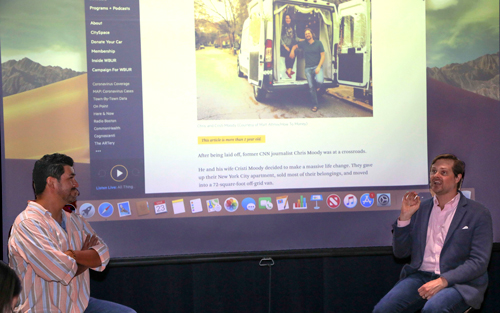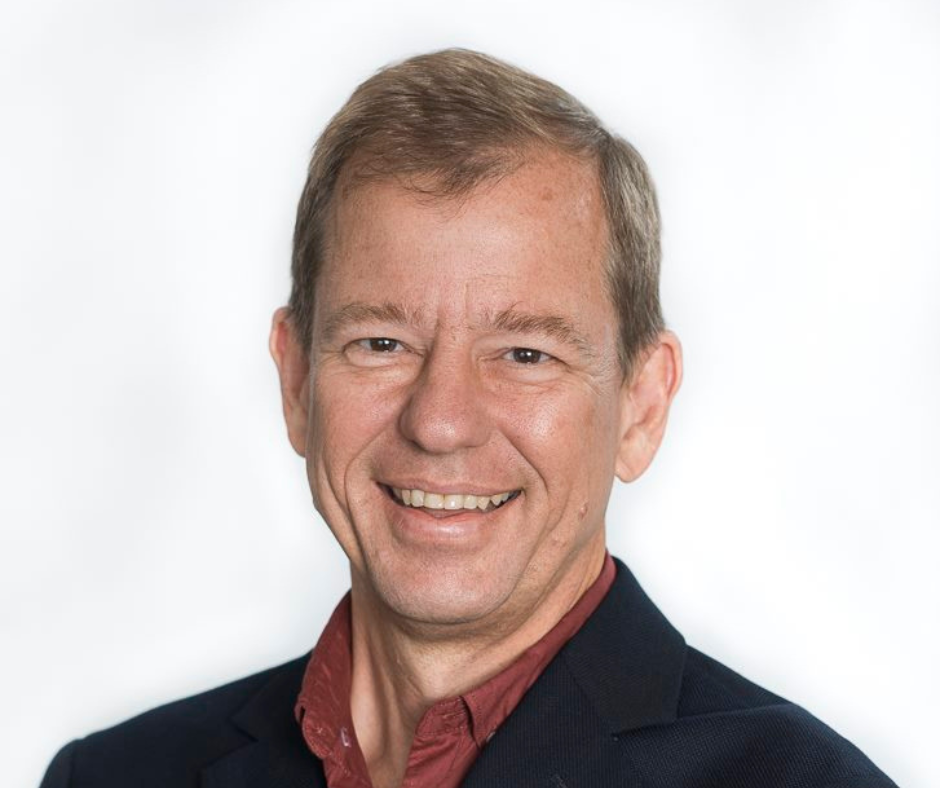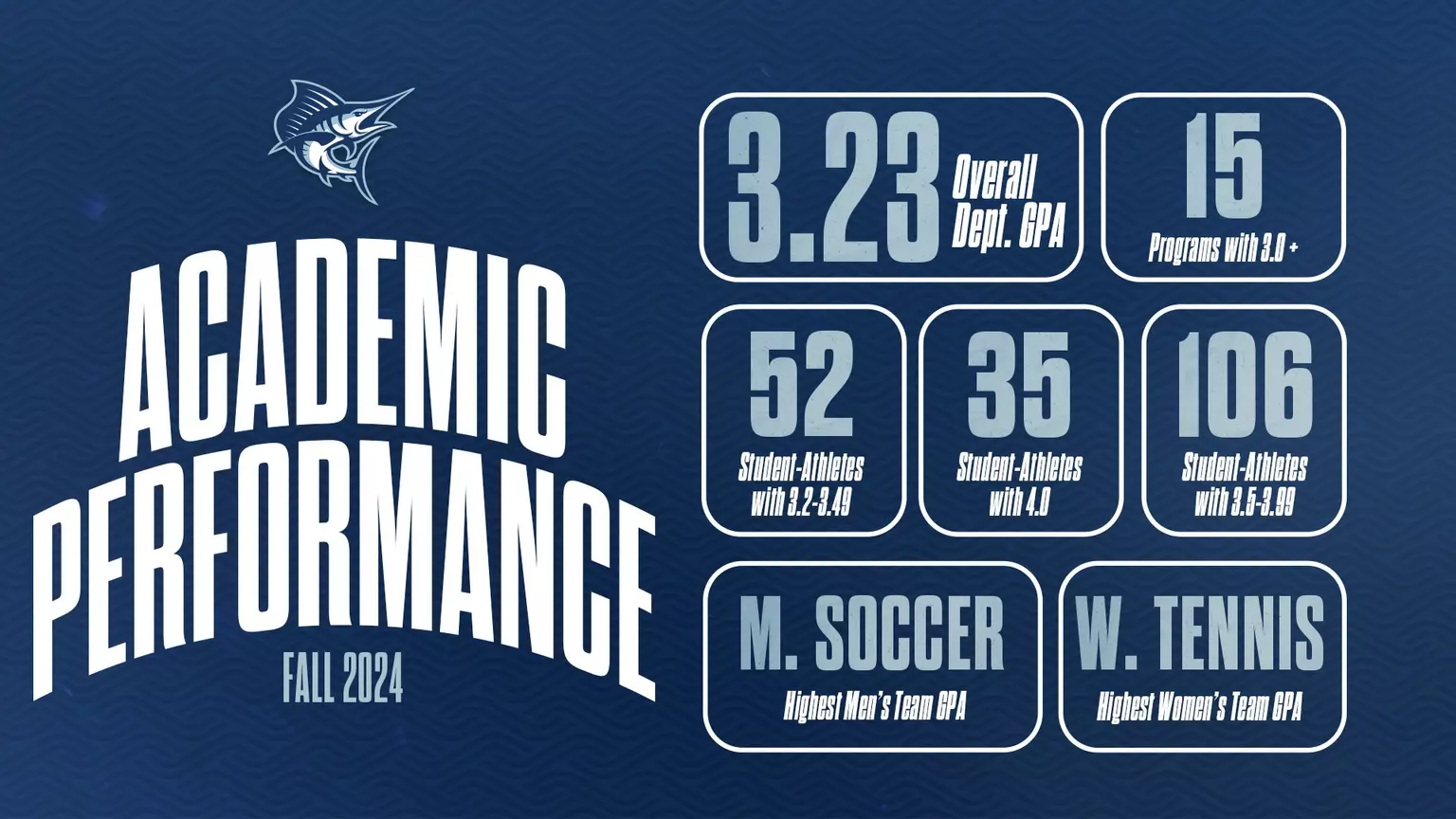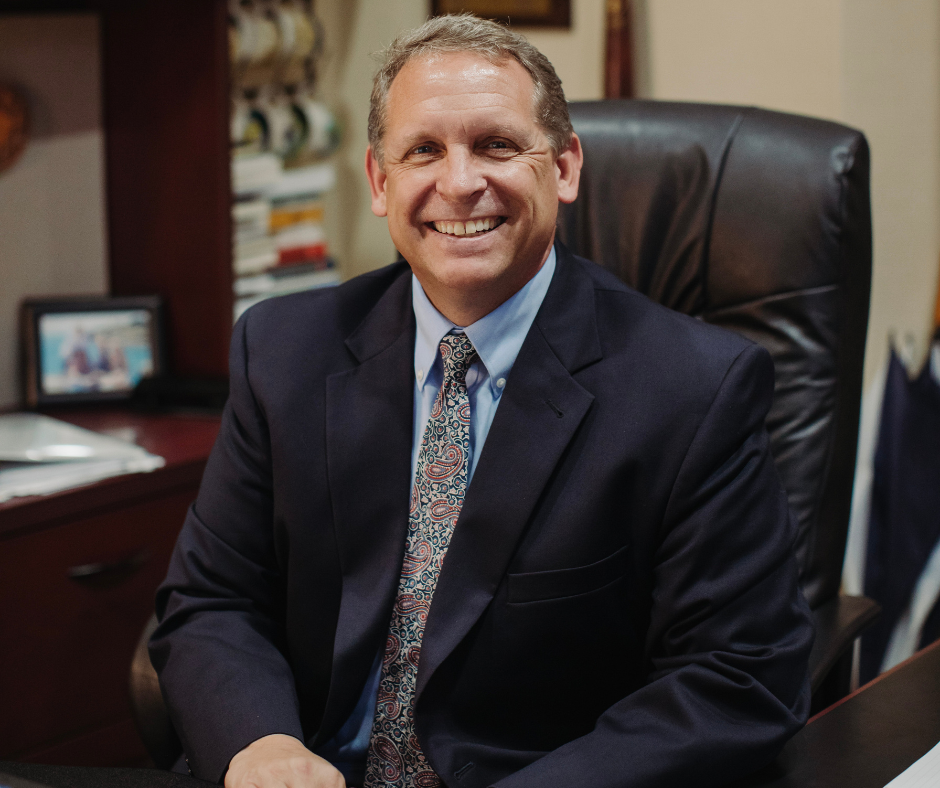
When Chris Moody lost his job as a senior digital correspondent with CNN, he realized he had a big problem.
It wasn’t the loss of income or the uncertainty as to what he would do next. It was that he had defined himself entirely by his employer. Moody, a 2007 alumnus and grandson of PBA’s founding President Dr. Jess Moody, visited professor Israel Balderas’ journalism students last month and spoke to them about how they could turn their passions into professions – with balance.
“When you work at a place like CNN, it is your whole life. It is all-encompassing,” said Moody. “I had absolutely zero balance in my life. My identity was not with my family. It was not with my faith. It was with my work.”
That’s when Moody’s wife and fellow alumna the former Cristi Caraballo suggested a novel idea: outfitting a cargo van for life on the road and spending time with other people across the country who were living according to their values. The couple bought a van and, with the help of YouTube tutorials and Cristi’s dad, converted it into a tiny home within a month.
The couple hit the road in the summer of 2018 and lived rent-free in the van for two years. Publications including the New Republic, Reason and NPR published their stories and photographs. Moody received the Robert Novak Journalism Fellowship for “Freedom on the Fringes: A 35,000-mile Journey in Search of a More Meaningful American Dream.” They chronicled their journey on Instagram at @lifeoptedout and online at lifeoptedout.com.
Moody learned his worth is not in what he produces. The Moodys have since made their home in Chattanooga, Tennessee. He found his new niche as a freelance writer, with bylines in the Washington Post, Outside Magazine, Vice News and more. He covered the 2020 presidential election for Al-Jazeera English with an emphasis on the American South.
Moody’s career in political journalism began chasing Rick Santorum and Newt Gingrich around Iowa. Nearly every major news outlet hires a handful of recent college graduates for such work, which often requires late nights and long periods of time living out of hotels. He has conducted notable interviews with Rep. Tulsi Gabbard while surfing and then-Vice Presidential candidate Paul Ryan over a chili dog.
“I wasn’t ideological. I just wanted to tell stories,” he said.
His journalism career got off to an inauspicious start, answering the phones and writing death notices for the Palm Beach Post for $10 an hour. There’s a lesson there for soon-to-be graduates, whom he urged to “get your foot in any door you can,” including internships. Since he was answering the phones at the Post, he’d often be the first to hear news tips and pass them along to editors. By doing seemingly menial tasks quickly and well, you prove yourself worthy of handling larger responsibilities, he told students.
After graduating from PBA, he went to Alaska and became a salmon fisherman. He also worked at the Home for the Dying, a mission in India started by Mother Theresa. He admits that the fishing experiment got the better of him, but it gave him something valuable: experience.
“If you want to be writers, it helps to have lived,” Moody said. “I got to experience things that were dangerous and wild and true.”
When approaching a story, Moody considers how it can be told with the written word, video, radio and social media, and he’s comfortable in front of a camera when he’s invited onto talk shows to discuss what he’s just published.
“People have been coming up with innovative ways to tell stories and get paid for it for years,” Moody said. “I had practiced doing all of those skills and was able to harness them in a way that I couldn’t necessarily before.”
Perhaps most importantly, he knows when he has a good idea for a story, how to pitch it and what editors and publications to solicit. During his PBA visit, he asked each student to share the name of a publication where he or she would like to have a story published. Answers included the Washington Post, Politico, iHeartMedia, VICE, New York Times, a magazine in the Netherlands, Telemundo, Vogue and National Geographic.
“All of those publications are totally possible,” Moody told the students, giving them specific tips for pitching. “Publish as much as you can where you can.”
In New York and Washington D.C., there are few journalists who come from a Christian background, Moody said. That allows those who do come from the faith to recognize and explain stories in a way that others can’t.
“Use your personality to your advantage. It’s the one thing no one else has,” Moody said. “You have a way that you can tell the story that’s different.”


